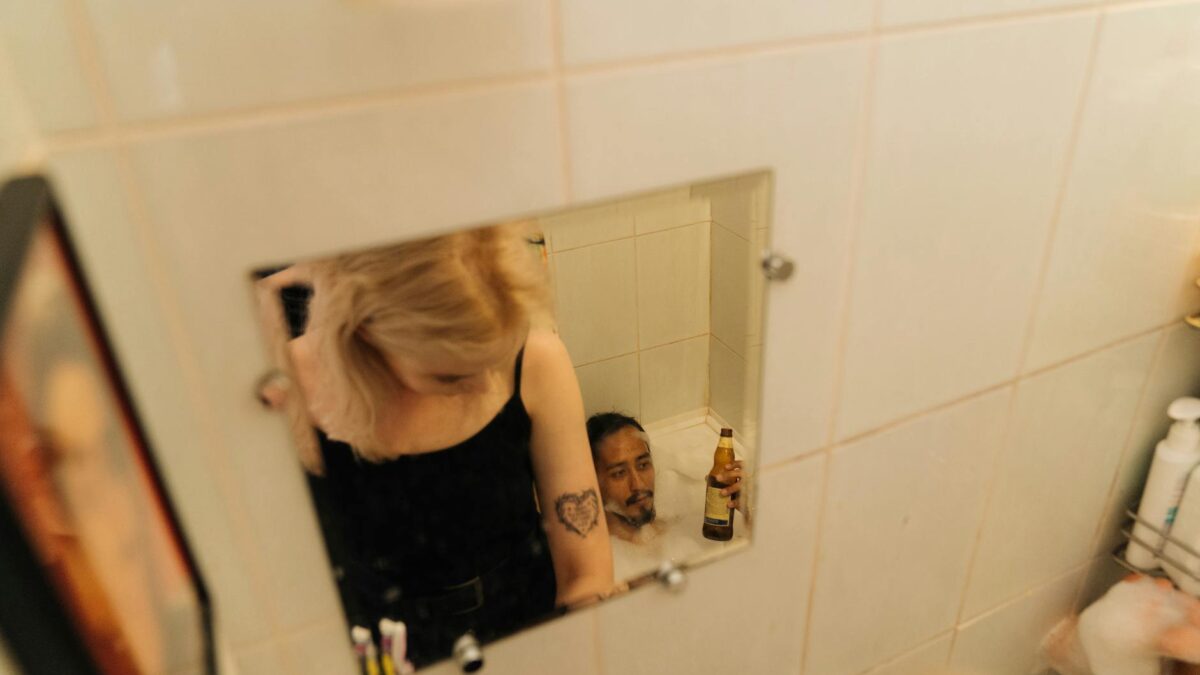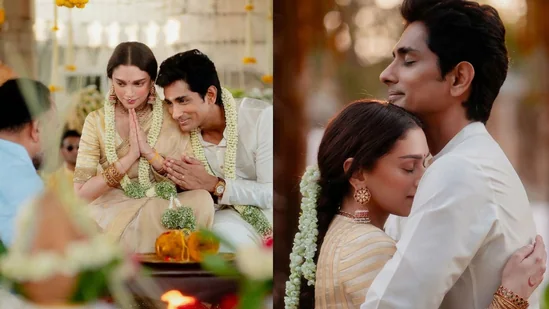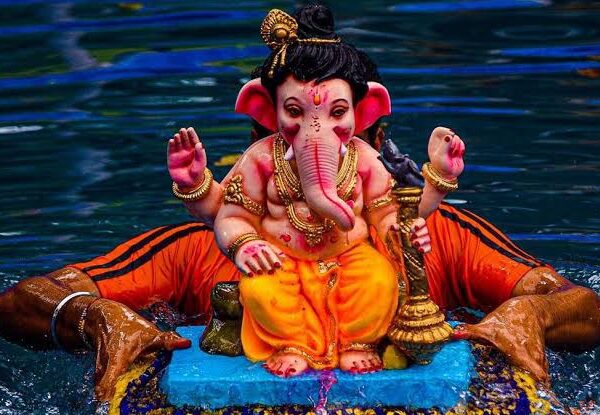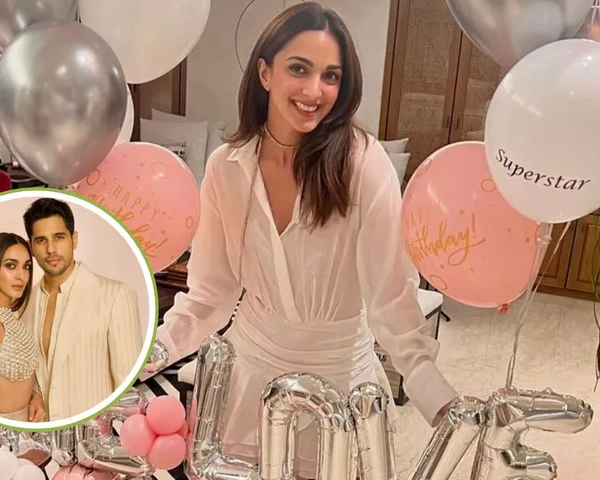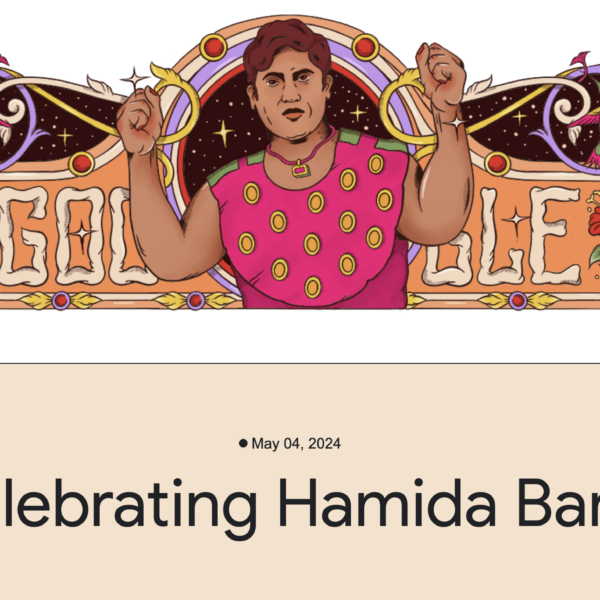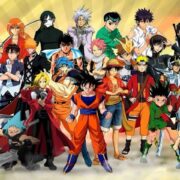
Navratri, one of the most widely celebrated Hindu festivals, is known as Shardiya Navratri or Maha Navratri. It usually falls in September or October and spans nine nights, invoking the nine different forms of Goddess Durga.
According to the Drik Panchang, Navratri kicks off on the first day of the Ashwin lunar month with an important ritual called Ghatasthapana. This ritual involves the installation of a Kalash (a sacred pot), which is later immersed in a water body on the tenth day.
This year, Navratri begins on October 15 with the worship of Shailputri, one of the nine forms of the goddess, and concludes on October 24 with Durga Visarjan and Dussehra celebrations. Ashtami Tithi begins at 9:53 PM on October 21 and ends at 7:58 PM on October 22.
Ashwina Ghatasthapana will be observed on October 15, 2023, with the Ghatasthapana Muhurat starting at 11:44 am and concluding at 12:30 pm.
To perform Ghatasthapana, you’ll need the following items: a wide and open clay pot, clean soil, seeds of seven different grains, a small clay or brass pitcher, Ganga jal (sacred water), sacred thread, scent, betel nuts, coins, five ashoka or mango tree leaves, rice, an unpeeled coconut, red cloth for the coconut, flowers, and garland.
Throughout the nine days of Navratri, people worship different avatars of Goddess Durga, starting with Shailputri, then Brahmacharini, Chandraghanta, Kushmanda, Skandmata, Katyayani, Kaalratri, Mahagauri, and Siddhidatri.
As per the Drik Panchang, women in Maharashtra and Gujarat particularly enjoy dressing in nine different colors, each assigned to a specific day of Navratri. The color of the day is determined by the weekday, as each weekday is associated with one of the planets (Navgrahas), and colors are matched accordingly. Each avatar of Navdurga symbolizes a distinct facet of Goddess Durga, and a specific Prasad is offered to her every day to seek her blessings.
Dussehra, which marks the victory of Lord Ram over King Ravana in the battle of Lanka after a 14-year exile, is celebrated on the final day of Navratri. People typically burn effigies of Ravana and his brothers, Meghnad and Kumbhakaran, to commemorate this event.

